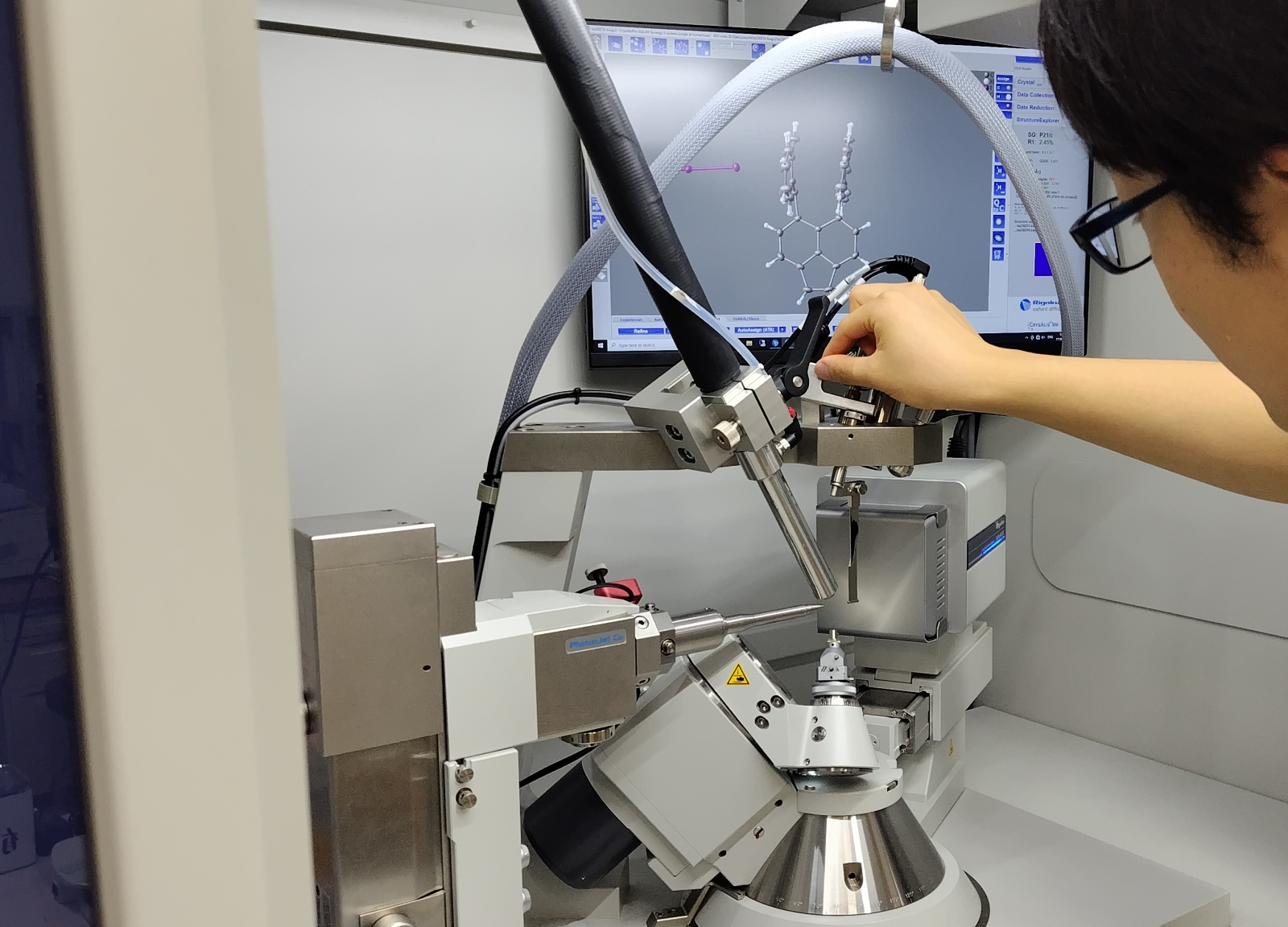Sir David Charles Baulcombe is currently Royal Society Research Professor and Regius Professor of Botany at the University of Cambridge. Baulcombe has helped unravel the complexities and origins of the different classes of small RNA molecule, and showed how they could determine patterns of epigenetic DNA methylation. Much of what he has discovered is applicable to animals, indicating these are ancient processes that evolved at the base of the evolutionary tree that gave rise to multicellular plants and animals. David Charles Baulcombe was awarded the Balzan Prize in 2012 for Epigenetics "For his fundamental contribution to the understanding of epigenetics and its role in cell and tissue development under normal and stressful conditions". The British scientist will give a Lecture, during the Evolution Day 2013, titled "Epigenetics - another dimension in evolution?"
Do you often use the
expression: "It’s not all my DNA", what does that mean?
Information in the genome
is not only in the sequence ACGT of the DNA molecule but also in molecular
“decorations” to the DNA that affect the expression of genes. These
decorations are copied when the genome is copied in cell division. We now
understand that RNA is not only the cellular messenger that transmits coding
sequencing information from the nucleus into the rest of the cell – it is also
a regulator of information in the genome. It helps switch genes off or to
ensure that they are turned on to just the right amount.
You are considered between
the fathers of the epigenetics, can explain to us what is this process?
It is a whole reactions
that not altering the structure of the DNA, epigenetics refers to heritable
effects the genome that are separate from the effects of the sequence ACGT in
the DNA.
How does epigenetics shape life? It provides a molecular memory of our past experience. That’s why the effects of the environment in which we live can get on to future generations.
The DNA is not so important
as we have always believed?
DNA is central – epigenetics is an important side show
to the DNA.
After so many years of
discoveries, which is the definition of gene?
Same as it always was – a unit of information in the
genome that is inherited from one generation to the next. Traditionally we thought
that genes encoded proteins – but we now know that they also specify regulatory
RNA.
How can its discoveries
bring benefits in the biomedical field?
It may help understand certain types of disease
including cancer.
Which are the environmental characteristics that influence our heritable characteristics? Stress is particularly important – probably all forms of stress including physical and psychological. But also hunger, smoking in adolescence can be decisive factors.
Do you define the
epigenetics as "inheritance soft" can you explain us the why of this affirmation?
Hard inheritance is
determine by the sequence of ACGT in DNA. It is changed only infrequently in
response to the environment. Epigenetics determines soft inheritance because it
can be unstable of affected by the environment, is a slow but constant
mechanism.
The RNA silencing process
and epigenetics have had a role in the evolution?
They are an additional mechanism by which new
heritable variation is generated.



